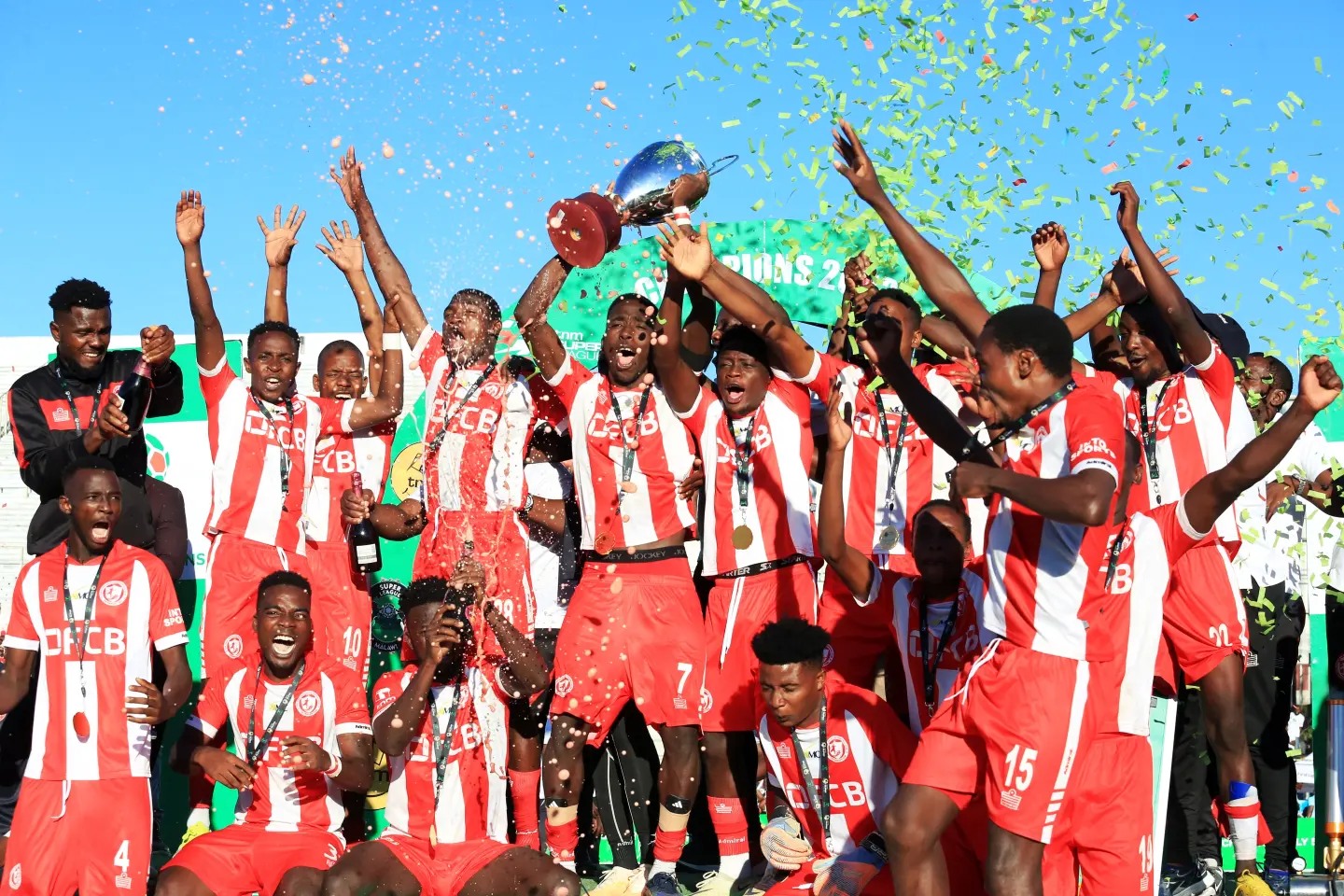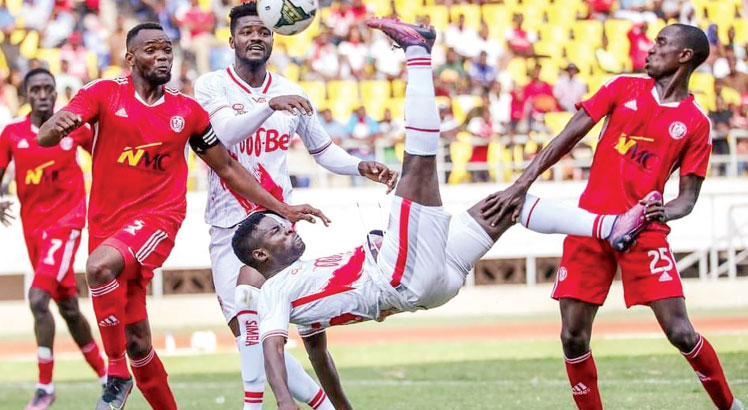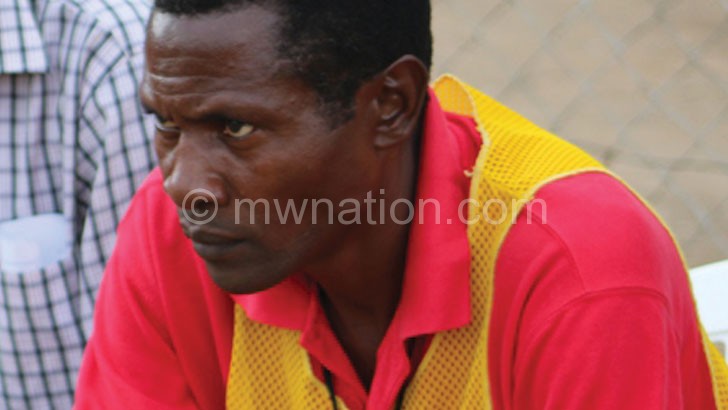Players go several months without pay
Six Super League clubs have gone months without paying players their salaries and allowances pushing some to struggle in their livelihood, Weekend Nation has learnt.
Dwangwa United and Nchalo United are the worst culprits having not paid the players’ salaries for over six months; Masters Security reportedly owe players four months’ salaries while TN Stars have not paid their players upkeep allowances totalling K8.4 million.

Others are Blue Eagles and Civil Sporting Club who owe their players game bonuses and signing-on fees.
In an interview, defender Ben Manyozo, who has just terminated his deal with Dwangwa for breach of contract, and has since signed for Bullets, claimed they played the whole of last season without being paid salaries.
“At times we could get in the ranges of K3 000 to K5 000. This usually came from gate collections. It used to happen after we had played big teams like Bullets,” he told Weekend Nation.
The Malawi Under-23 midfielder said survival was tough as they were not provided with breakfast.
“There were 10 of us staying at the hostel. The club used to give us K4 500 for lunch and dinner. Breakfast was not provided,” he said.
From the K4 500, it means each player was surviving on K450, which by international standards is living in extreme poverty. World Bank defines extreme poverty as “living below $1.25 [about K1000] a day.”
Dwangwa team manager Dave Mwandira confirmed going months without paying players their salaries.
“We have been struggling financially after Illovo withdrew their support. We had a difficult season.”
Nchalo goalkeeper Dave Pashanie, in an interview, said the last time they received a salary was in June last year.
“It was difficult for us. We couldn’t feed our families properly and support our parents. Some players, who were not living in hostels, struggled to pay rent,” he said.
Nchalo chairperson Peter Chiipanthenga said they failed to pay players for a long time because well-wishers that committed to support the club did not live up to their word.
“It was hard for the players and I felt their pain. Much as we would have loved to pay them every month, our resources were depleted,” he said.
Meanwhile, TN Stars financial reports presented at their annual general meeting (AGM) showed they owe the players over K8 million.
The Kasungu-based club’s director Wisdom Chimgwede said the failed to honour the salaries because they did not raise what was in their projected budget.
“It is in the interest of this club to make the players comfortable. However, our K13 million deficit in budget meant failure to fulfil our financial obligations,” he said.
Civil general secretary Ronald Chiwaula confirmed that they have been failing to pay some players signing-on fees and game bonuses.
“If our players were not disciplined and understanding, they could have dumped us,” he said.
Blue Eagles sources said the club has not yet paid bonuses for seven games played last season.
Football Association of Malawi (FAM) licencing and compliance manager Casper Jangale said it was sad that the clubs are not able to honour the players contractual obligations.
He warned that such clubs risk losing players following new Federation of International Football Federations (Fifa) rules which empower the players to terminate their contracts if not paid for more than two months.
“A good number of players have asked us to terminate their contracts. They include Manyozo and Masters midfielder Zeliet Nkhoma,” he said.
“It is sad that some clubs are not able to pay their players on time. But the good thing is that Fifa has empowered them to end their contracts and sign for a club of their choice.”
Asked why they allow financially struggling teams to campaign in the top-flight league, Super League of Malawi (Sulom) said the clubs fulfil the criteria of club licencing system.
“They meet the conditions and are dully licenced by FAM. It is only after the league has started that you see them struggle,” Sulom general secretary Williams Banda said.
He also attributed the financial struggles to increased spending by clubs to fulfil away fixtures.
“Football has gone in rural areas like Karonga, Kasungu, Mulanje and Mangochi where we now have stadiums. What it means is that clubs are spending more,” said Banda.
Football Players’ Association of Malawi has urged football authorities to formulate a law which makes it compulsory for players to be members of his association which operates under FAM.
The association’s GS Ernest Mangani said: “Right now clubs are deliberately barring their players from becoming our members. They know that if that happens we are going to fight them as a united force to ensure they stop this behaviour.” n





